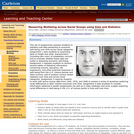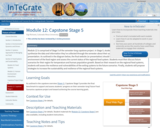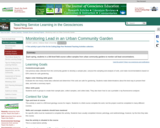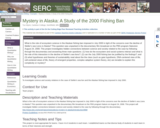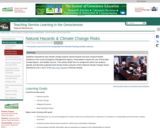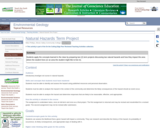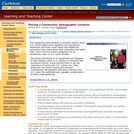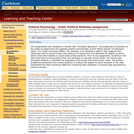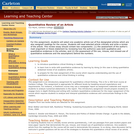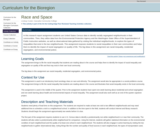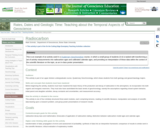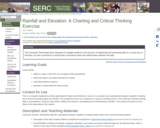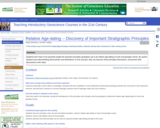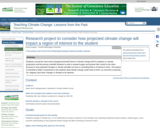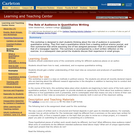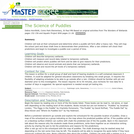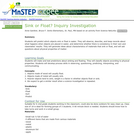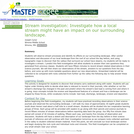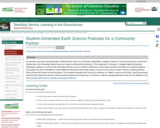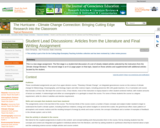Assignment #1 Student-led discussion of articles from the literature
We assign one or two groups of two or three students to each of four or four or five topics related to climate change, and provide each group a set of related articles from the literature on their assigned topic. The group will lead a one-hour, in-class discussion on the topic, with up to a dozen students and one instructor in each discussion. In preparation for the discussion, the discussion co-leaders must collectively write a set of "Reading Questions" about each assigned article, which help readers focus on the key points made by the articles and can serve as points of discussion. The other students participating in the discussion must read the articles with the aid of these Reading Questions and annotate the portions of the articles that address the Reading Questions. We (instructors) evaluate the Reading Questions written by the co-leaders (they receive a shared grade for these), and we also check the annotated articles turned in by the other discussion participants to ensure that they prepared to participate in the discussion (they receive individual grades this). Discussion co-leaders each receive a grade for the quality of their discussion leadership.
The purpose of this assignment is in part to help students prepare for their final writing assignment by requiring that they read a set of articles closely enough to help other students discuss and understand the key points, and get feedback about their level of understanding, up to a month before the final paper on the topic is due. The immediate outcome that we expect from this assignment is a demonstration that students can read the assigned articles critically, identify and articulate the key points, and help engage other students in a discussion about the articles, including conceptually important or difficult aspects of them.
Assignment #2: Final writing assignment
For this assignment, which follows from the previous one, students are asked to:
locate two or more significant additional articles that relate closely to the articles on which they based the discussion that they co-led; and
write a 8-12 page (typed, double spaced) overview of the history and current state of our scientific understanding about the topic(s) covered by the set of discussion articles, based on the articles themselves plus relevant material presented in class or in assigned reading. In particular, wherever justified by the source material, students should try to include the following in the narrative:
initial observations/evidence;
initial hypotheses posed to account for initial observations/evidence (including external forcings and feedbacks);
subsequent observations/evidence that have confirmed or disproved earlier hypotheses;
technology that made making observations/gathering evidence possible and led to breakthroughs in understanding;
scientific controversies and how they played out historically or are currently playing out;
current understanding and remaining uncertainties.
The outcome should be a written demonstration of the student's ability to analyze and synthesize a set of articles from the literature and supporting materials provided in class to describe the history, current state, and unresolved aspects of our scientific understanding of an interdisciplinary aspect of climate change.
(Note: this resource was added to OER Commons as part of a batch upload of over 2,200 records. If you notice an issue with the quality of the metadata, please let us know by using the 'report' button and we will flag it for consideration.)
